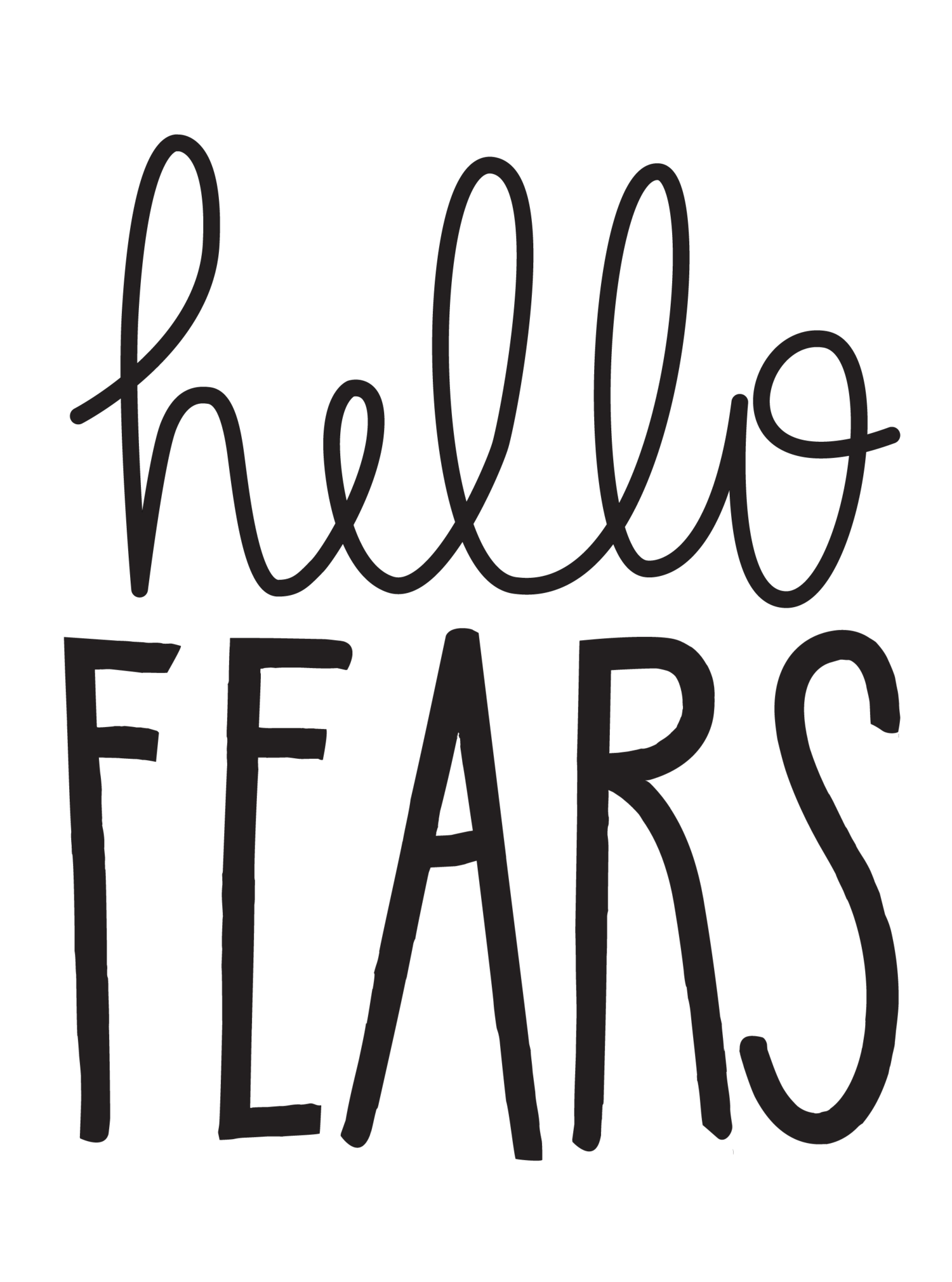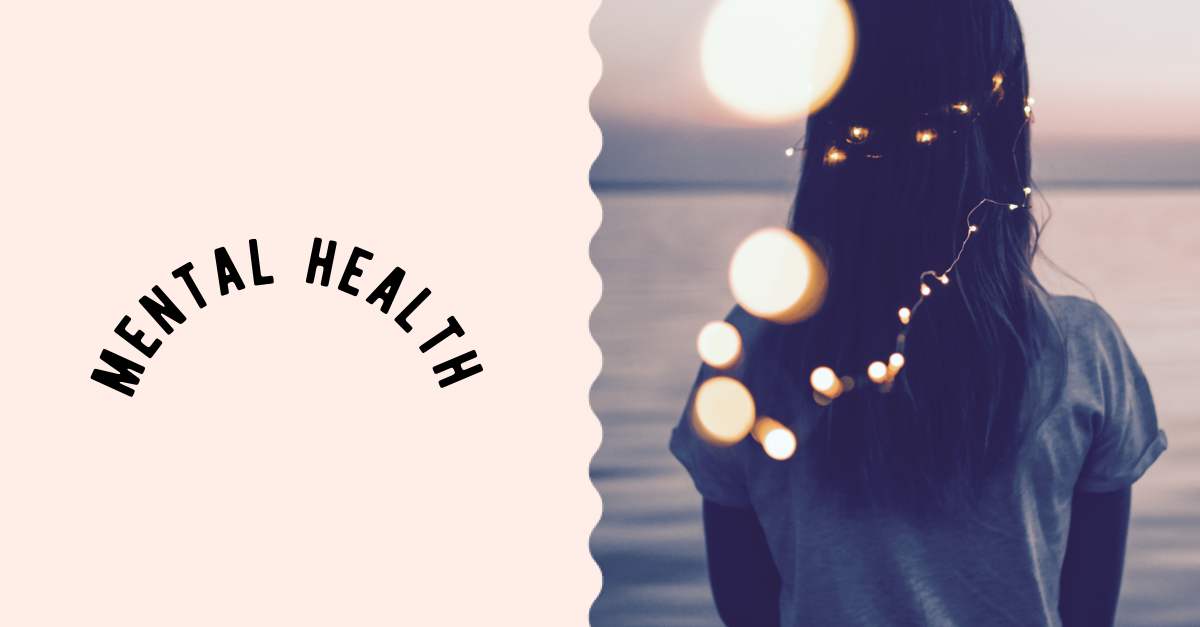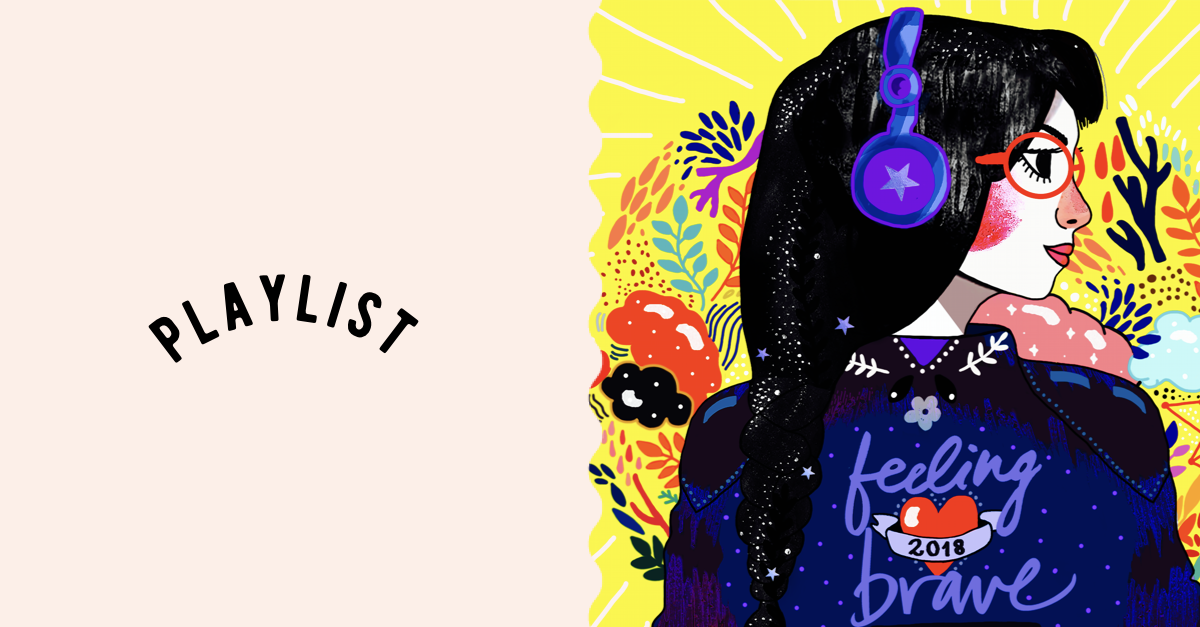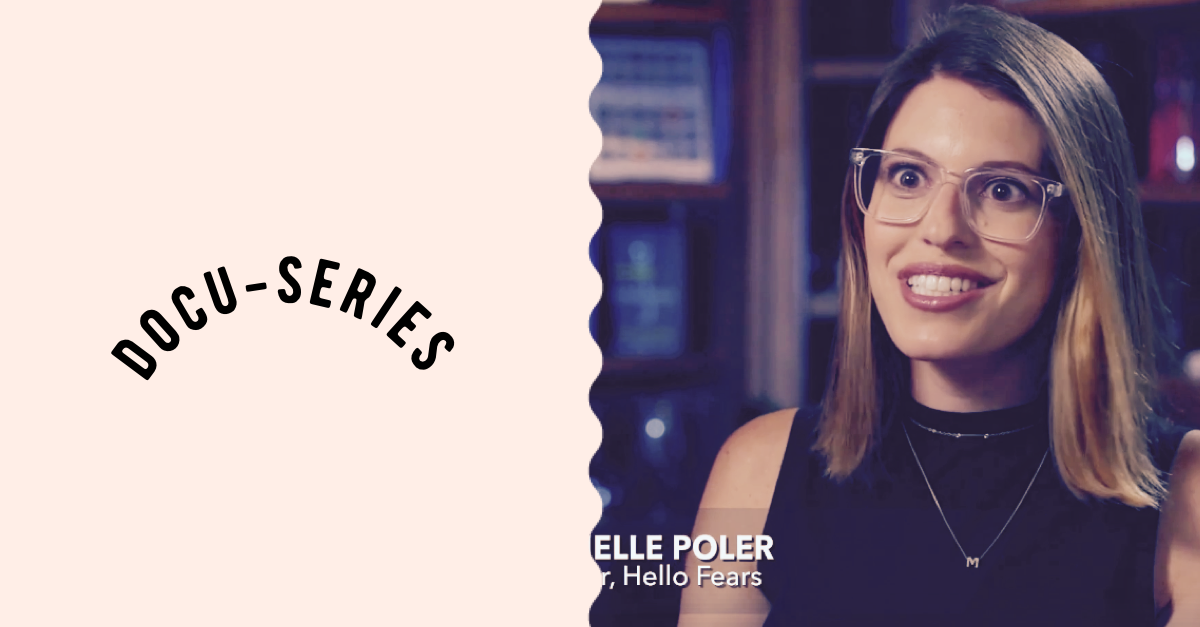Courage Is Speaking Openly About Mental Illness
| Krystal Sutherland, 27, California
When people ask me what my biggest fears are, I usually give them the same answer: frogs, caves, and heights, in that order. It’s an easy answer, and a funny one—people always laugh at the frogs—but it’s not the whole truth.
My father was mentally ill.
When I was a child, no one ever sat me down and explained to me what schizophrenia or bipolar disorder was. These were words I heard whispered in dark hallways. There was always an air of the clandestine about it, something to be kept hidden, like my family were spies who’d mastered the subtle deception of appearing perfectly normal to the outside world.
No one else in my household had mental illness, so this was my first exposure to mental health as a shameful thing to be suffered alone.
For a long time, my greatest fear was people finding out that my father had been so damaged. That they would think I was damaged too. In a way, it still kind of is.
When he put his arm through my bedroom window and severed his wrist down to the bone, I’m not sure if he was trying to kill himself, but he came very close. There’s a scene in my latest book that echoes what it felt like to walk into my bedroom after that happened. There was blood on my carpet, blood on my toys, blood on my fairy quilt, blood on the walls in arcs, blood all over the kitchen where he’d stumbled after cutting himself.
Our neighbors saved him. They heard the crash, ran next door, found him bleeding out.
By that point, at 12 years old, I was thoroughly done.
I remember being disappointed to find out that he was going to live.
I played Age of Empires on the computer at home instead of visiting him in the hospital. I didn’t understand that he was sick. All I knew was he made my life hell.
Now that I’m older and understand that mental illness isn’t something that people choose for themselves, I wish I’d had more compassion. More patience. More knowledge.
I wonder if things could’ve ended differently for him if his illness had been treated with the same empathy that cancer patients are afforded.
My father isn’t here anymore—his body remains, but his mind is gone, wiped by a stroke a few years ago. But still. I wonder. I regret. I wish. I grieve. I forgive. I do these things every day.
I’m 27 now, and it’s still hard. Damn, it is hard. A little part of me is still afraid that people are going to read this and think, “How shameful, to have had a father like that. To have that in your blood. If he was crazy, she must be too.”
I fear my friends reading this. I fear my publishers reading this. I fear just about anyone reading this.
It’s irrational, and nonsensical, but it’s true. Because as insidious as depression and anxiety and mental illness are, so is the stigma that surrounds them.
That’s the fear I’m overcoming, slowly but surely. To be able to talk more openly about mental health and mental illness and the way it shapes so many of our lives.
It should be normalized, because it is normal.
So this is me, facing my greatest fear, right in front of you. How and when are you going to face yours?
This article was originally published by Clover Letter here



